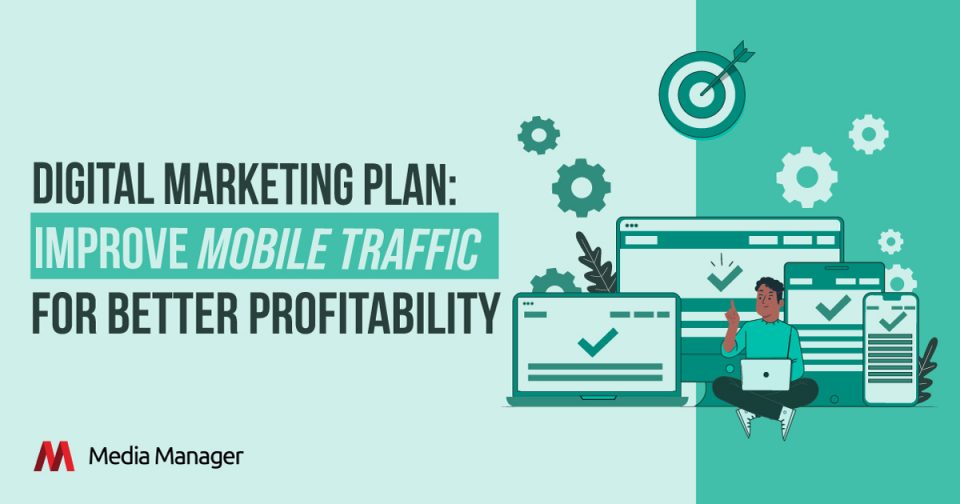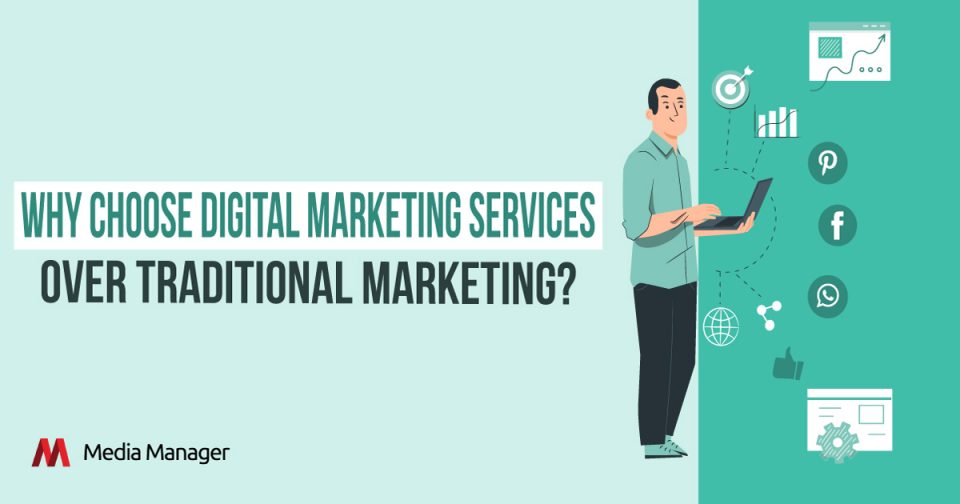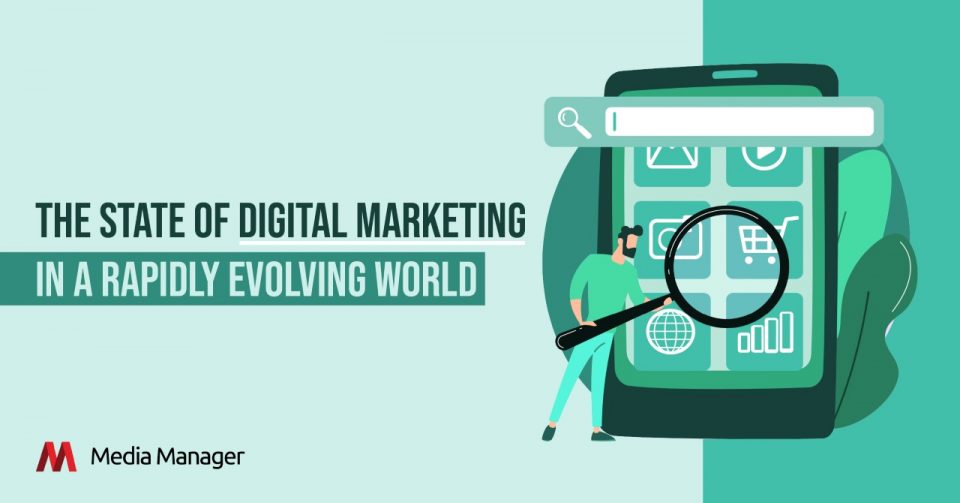
SEO Tips for Mobile, Local Business and Video Promotion
June 23, 2017
Learn How to DO SEO the Right Way
June 28, 2017Social media marketing has provided the opportunity to put the public back into public relations. Done well, it gives organizations the opportunity to manage their reputations, heighten awareness, enhance customer service, increase the share of voice, conduct research, drive sales, network and even recruit staff. Done badly, it can damage the offending organization’s reputation and see a simple complaint escalate into a full-blown crisis.
With that in mind, here are our top social media marketing tips for successfully managing your business’ online presence:
- Choosing the right platform
As with traditional marketing, it’s important to consider your target audiences and their social media consumption. Ever wondered why so many recruitment consultants use LinkedIn? It’s because this is the leading social media platform for business networking and it gives them the chance to view potential candidates’ profiles and see whether they’re up to the job; perfect for headhunting. So, if you target other businesses, Facebook is probably not for you, but it is ideal for a consumer-facing organization.
- Tone & Message
As a business, you should be using social media as a marketing tool, so you should consider carefully what you plan to say and how you are going to say it. Think about the messages you want to get across – this could be ‘we’re an industry expert’ or ‘we care about our customers,’ then consider the tone of your posts. For example, the first message may need a formal, corporate tone, while the second would be more chatty and conversational.
- Finding Audience
Obviously, you’re using social media to promote your company, its products, and services, but that’s not going to work if nobody’s reading your posts. The best way to get followers is to follow other people. Think back to tips one and two; who you want to target and what you plan to say. Then search not only for people who fit your audience type but also for those who are communicating similar messages to you, as they will find your posts interesting and repeat them to their followers, who will hopefully follow you too.
- Consistency
I can’t say this enough; social media needs time, effort and commitment. Check your account regularly, make regular posts and reply to your followers. It’s also a good idea to reply publically to certain questions; firstly, because it shows you care about your followers to engage with them and secondly, because other followers may find the information useful.
- Think Before You Click
It’s tempting to use social media purely as a tool to tell everyone about your company and just how great it is. Unfortunately, this is probably the quickest way to annoy your followers! While broadcasting has its place, on its own most social media users consider it to be spam and will stop following you.
- Build Relationship
Good social media marketing looks to build relationships with followers. Consider why you personally would follow a company – chances are it’s because they provide information that you find interesting or useful. It’s therefore important to add value; if you read an interesting article about your sector, then share it so your followers can read it too. Use social media to enhance customer service by talking directly to customers or consider other techniques such as competitions and promotions to engage with existing followers, and encourage more people to start following you.
- Listen to Your Audience
Remember, social media is about conversation and friendly conversation is about spending as much, if not more, time listening than talking. If you’re following the right people, listening will give you a unique insight into your target audience in a way that traditional marketing methods won’t. It will help you to understand their needs, can allow you to conduct cost-effective market research and enable you to improve customer service.
- Conduct Good Customer Services
Some of the biggest social media crises have been caused by slow reactions. Social media users are savvy and they’re aware of the power of the people. A simple complaint can be repeated in minutes if it’s ignored or receives an inadequate reply. This is where monitoring is the key. If you spot a complaint, respond instantly – the best way is to reply publicly asking them to direct message you with their contact details so you can investigate and sort out the problem. This shows you care but quickly takes the conversation offline allowing you to minimize the damage.
- Post Politely
By the same token, some of the biggest cases of reputational damage have been caused, not by customer complaints or company’s transgression, but simply by ill-judged posts. If staff members are running your social media campaign, explain that they need to take responsibility for what they write and must exercise good judgment always. It’s also ideal to draw up guidelines about what is and isn’t acceptable, especially where strong political beliefs or controversial views are concerned.
- Integrate your Website
Finally, it’s an innovative idea to integrate your social media platforms with your website. This means when you upload anything onto your website (such as news stories or blogs) it will automatically be published on your social media platforms, saving you time. Visitors to your site will also be able to see your recent posts and may choose to follow you if they find the information useful and relevant to them. Finally, the posts will mean your website is being updated regularly helping with SEO.



